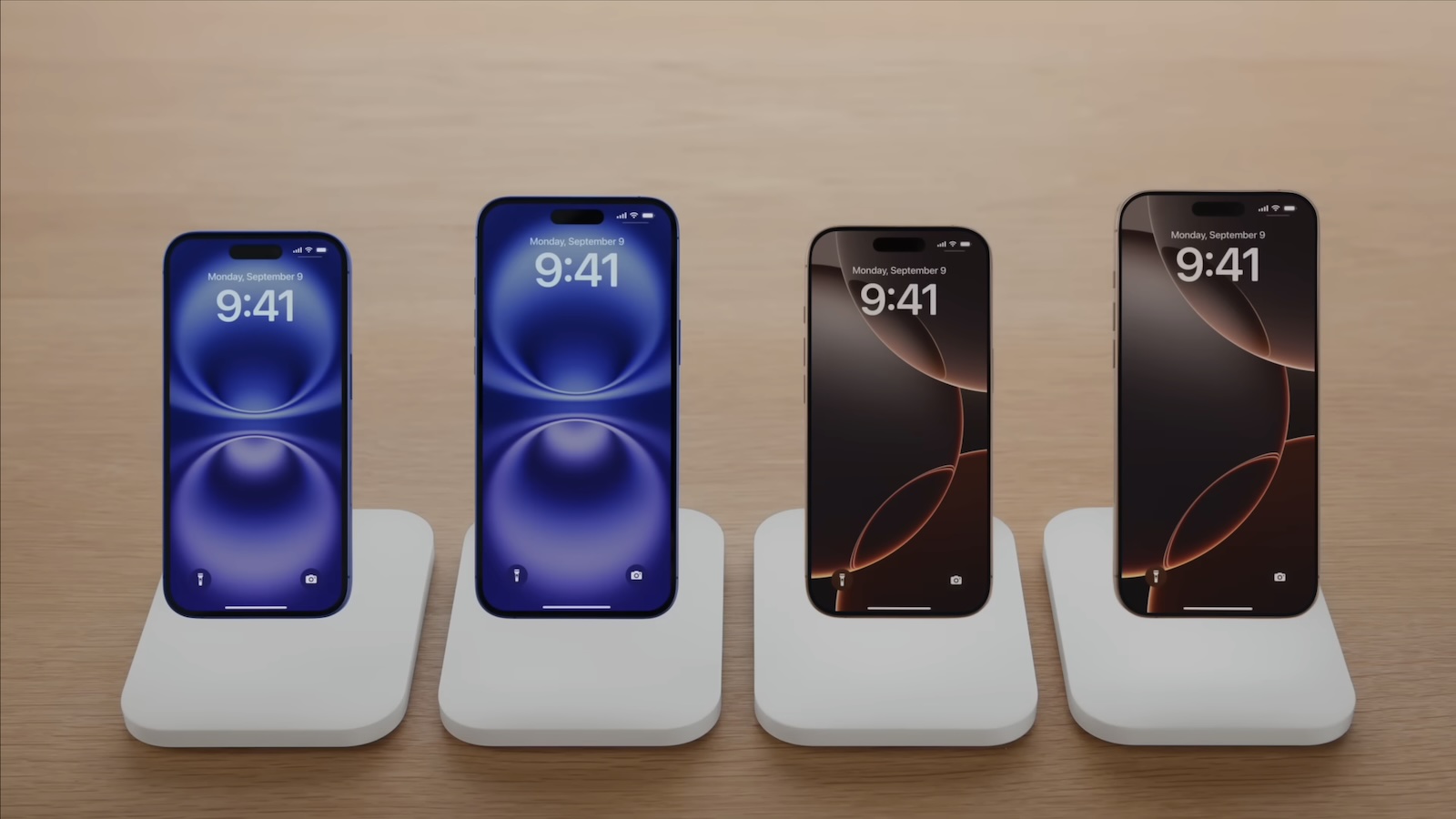Apple is still barred from selling iPhone 16 models in Indonesia despite agreeing to build a local production facility there, as it has not met domestic content rules, the country’s industry minister said on Wednesday (via Reuters).

Indonesia’s minister of industry, Agus Gumiwang Kartasasmita, reportedly met with Apple’s VP of global government affairs, Nick Ammann, on January 7 to discuss Apple’s investment proposal. However, Agus later implied that the company’s proposal was not yet adequate. “If it is $1 billion, then that is not enough,” he told reporters after the meeting.
Last year, Indonesian authorities banned iPhone 16 sales after they determined Apple had failed to meet the country’s requirement for 35% domestic content in smartphones. Apple has since offered a $1 billion investment in the country that includes building an AirTag factory. Apple’s offer is a significant increase from its previous offers of $10 million and $100 million, which were rejected by the government.
Agus confirmed Apple had agreed to build a facility producing AirTag tracking devices on Indonesia’s Batam island, close to Singapore, but that still would not count as a locally-made iPhone part.
“There is no basis for the ministry to issue a local content certification as a way for Apple to have the permission to sell iPhone 16 because (the facility) has no direct relations,” he said, adding the ministry would only count phone components.
Indonesia’s investment minister on Tuesday said the factory would start operations next year. The agreement will be seen as a success for President Prabowo’s efforts to attract foreign investment while demonstrating the effectiveness of Indonesia’s strategy to pressure international companies into developing products locally. The country remains a significant market for Apple, with over half of its 278 million residents under the age of 44.
This article, “iPhone 16 Still Banned in Indonesia Despite $1B Apple Investment Deal” first appeared on MacRumors.com
Discuss this article in our forums